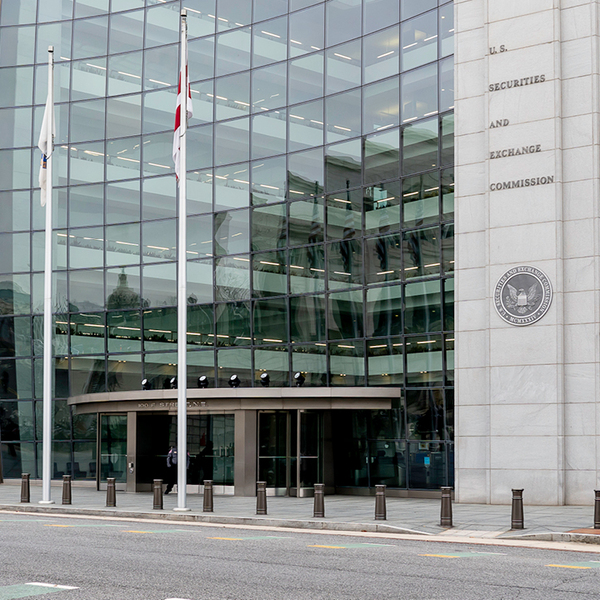Harness the potential of market change
Understanding the impact of new and evolving regulations on your
business is critical, but identifying and interpreting those changes can
be challenging.
Our team of Regulatory Intelligence experts help you navigate the global
regulatory landscape and harness the potential opportunities.
Through our active participation in industry forums, committees, working
groups, and industry conferences, we advocate on behalf of our clients’
interests to influence the regulatory agenda. We help you stay informed
through meetings, events, and our extensive thought leadership program.
Brown Brother Harriman & Co. (“BBH”) may be used to reference the company as a whole and/or its various subsidiaries generally. This material and any products or services may be issued or provided in multiple jurisdictions by duly authorized and regulated subsidiaries. This material is for general information and reference purposes only and does not constitute legal, tax or investment advice, nor should it be construed in any way as tax, accounting, legal or regulatory advice. Any reference to tax matters is not intended to be used, and may not be used, for purposes of avoiding penalties under the U.S. Internal Revenue Code, or other applicable tax regimes, or for promotion, marketing or recommendation to third parties. This material does not constitute an offer or solicitation to sell or buy securities, services or investment products in any jurisdiction where, or to any person to whom, it would be unauthorized or unlawful to do so. All information has been obtained from sources believed to be reliable, but accuracy is not guaranteed, and reliance should not be placed on the information presented. This material may not be reproduced, copied or transmitted without the permission of BBH. Pursuant to information regarding the provision of applicable services or products by BBH, please note the following: Brown Brothers Harriman Fund Administration Services (Ireland) Limited and Brown Brothers Harriman Trustee Services (Ireland) Limited are regulated by the Central Bank of Ireland, Brown Brothers Harriman Investor Services Limited is authorized and regulated by the Financial Conduct Authority, Brown Brothers Harriman (Luxembourg) S.C.A. is regulated by the Commission de Surveillance du Secteur Financier. All trademarks and service marks included are the property of BBH or their respective owners.












